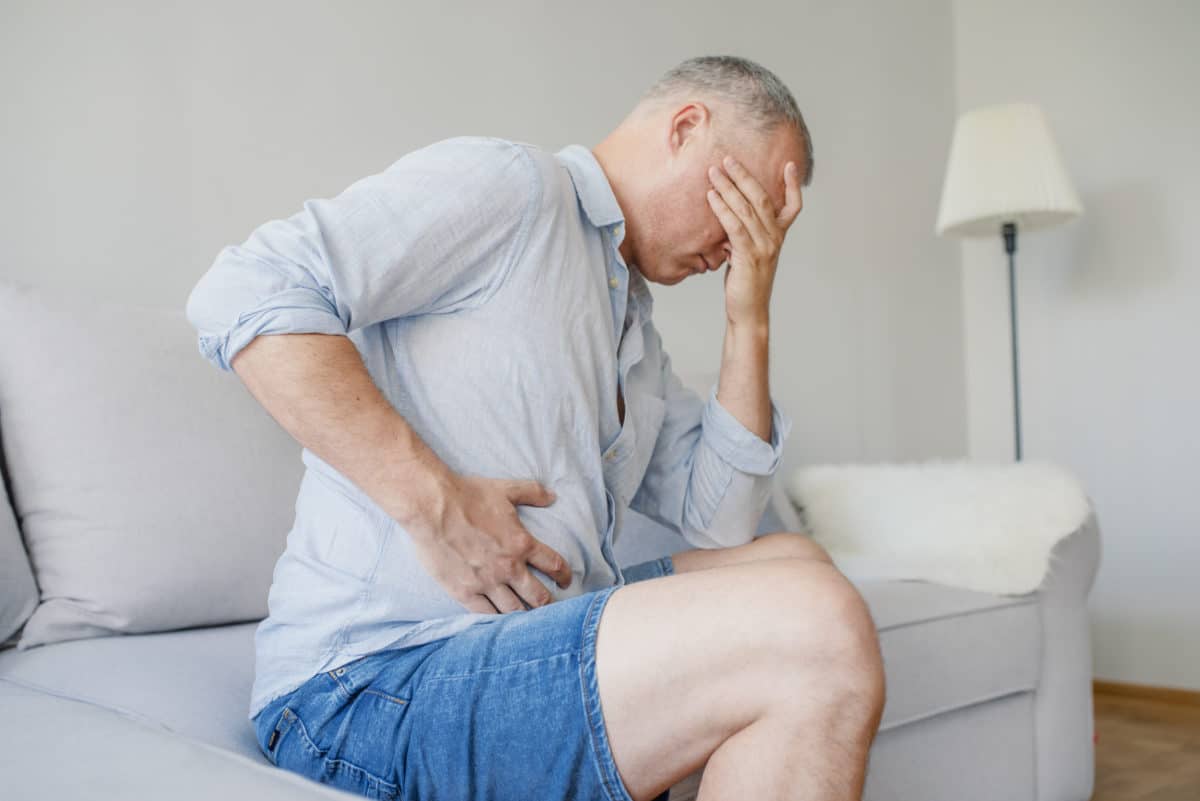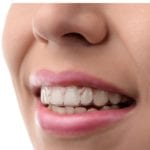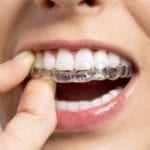Diverticulitis is a disorder that develops when pouches in the colon (known as diverticula) become inflamed or infected.
The symptoms of diverticulitis are usually mild, but they can occasionally become serious and necessitate immediate medical attention.
Diverticulitis is a digestive disorder caused by a lack of fiber in the diet. If a patient does not consume enough fiber and water, their feces will become increasingly difficult to move through the colon.
Without fiber, pressure builds up in the colon wall, and the weak areas inflate over time, resulting in diverticula.
Here in this article, we will tell you which foods you must avoid. We’ll also cover 5 of the best treatment options for diverticulitis.
7 Foods To Avoid With Diverticulitis
1. High FODMAP Foods
People with irritable bowel syndrome benefit from a low FODMAP diet (IBS). It may also help some people suffering from diverticulitis.
FODMAPs are carbohydrate types. You should avoid the following foods:
- certain fruits, such as pears and apples
- dairy foods, such as milk and yogurt
- Fermented foods
- Cabbage
- beans
- onions and garlic
- Brussels sprouts
2. Red And Processed Meat
Red and processed meats (including beef, pork, and lamb) may raise your chance of getting diverticulitis or aggravate existing symptoms.
3. Foods High In Fat And Sugar
Diets high in fat, sugar, and fiber may raise the incidence of diverticulitis. These include fried foods such as fast foods.
4. Tobacco And Alcohol
Diverticulitis patients should avoid alcohol and tobacco. These items may irritate your colon and gastric mucosa. Other health risks of tobacco necessitate complete cessation.
5. Nuts And Seeds
Avoid foods like corn, popcorn, nuts, and sesame seeds if you have diverticulitis.
6. Grain Products
Grain residues may cause stomach irritation. Instead of bread and pasta, choose refined enriched bread and cereals.
7. Acidic Foods
Tomatoes and citrus fruits have been known to aggravate diverticulitis.
5 Top Treatment Options For Diverticulitis
1. Surgery
Once you get diverticula, they are there to stay unless you have them surgically removed, which is not commonly done.
2. High Fiber Diet
Dietary changes can reduce the risk of infection. If you have mild diverticulosis, your doctor may recommend a high-fiber diet to help keep your intestines moving and prevent diverticulitis.
3. Intravenous Treatment
If you have a perforation or a severe infection, you will likely be hospitalized to get intravenous antibiotics. You may also be fed intravenously to rest the colon.
4. Home Remedies
Mild diverticulitis is treated with bed rest, stool softeners, a liquid diet, and potentially antispasmodic medications.
5. Prevention
To avoid constipation, drink eight 8-ounce glasses of water every day. If you’re constipated, prunes or prune juice may help. Eat a low-fat diet; fat slows digestion.





